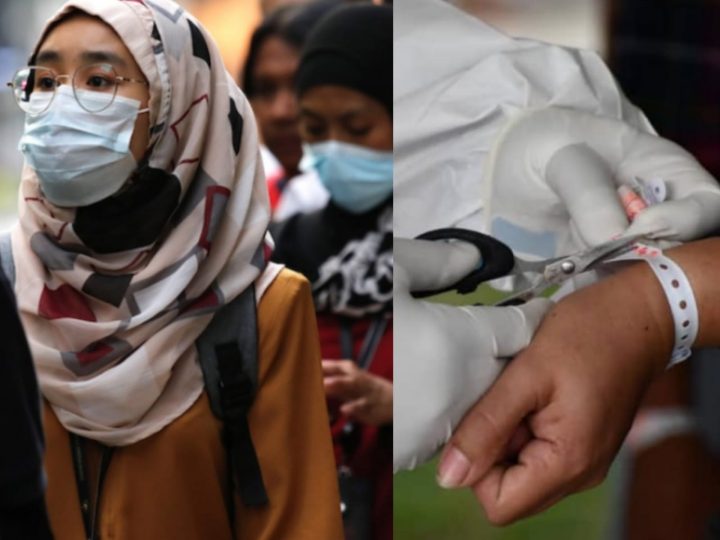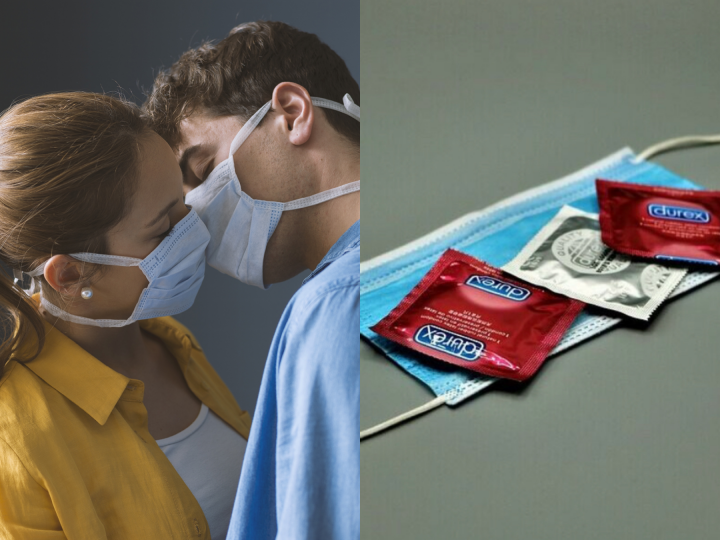Experts And Business Owners Express Disapproval Towards New SOP Guidelines, Netizens Join In
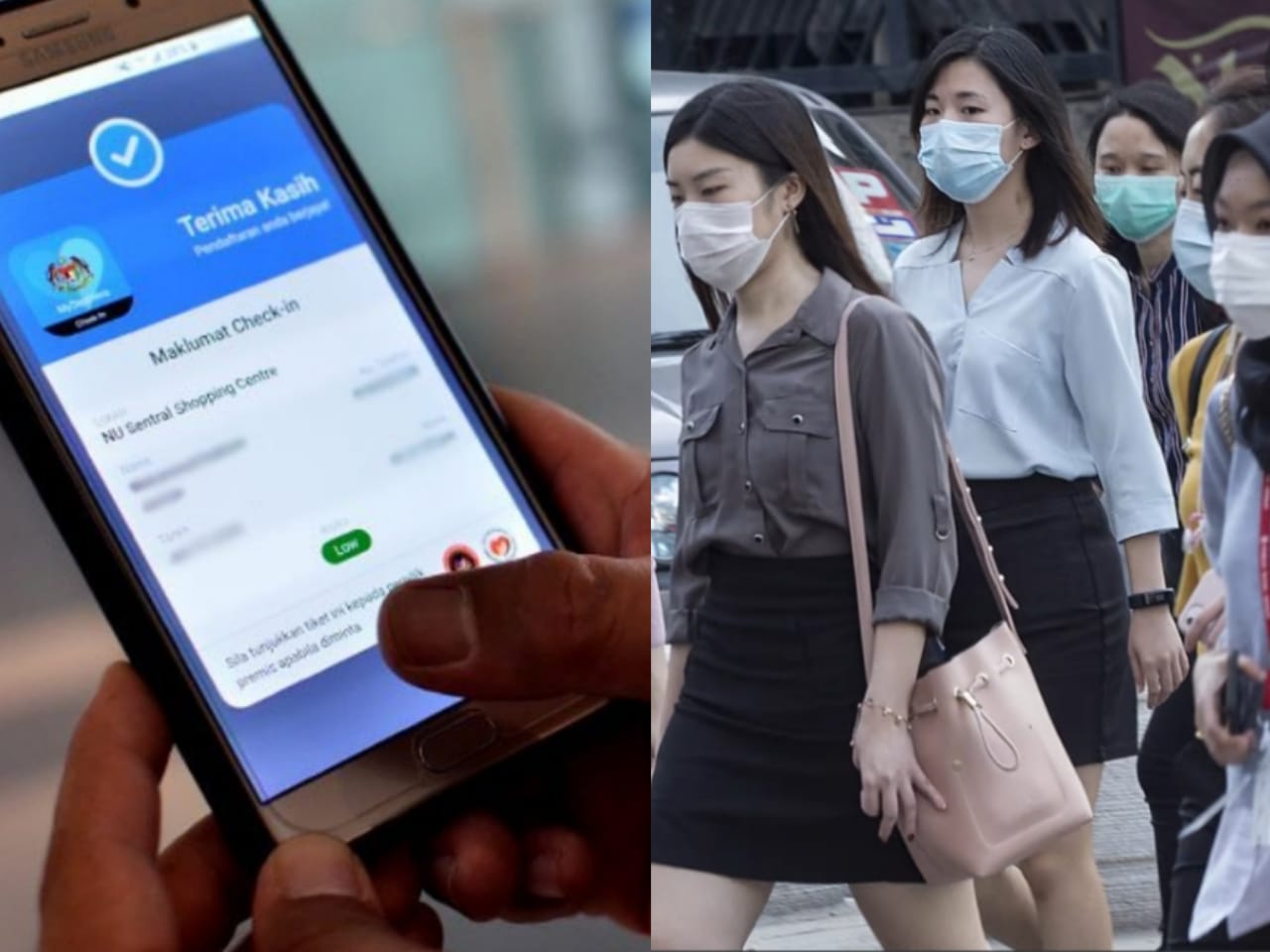 Thirsty for JUICE content? Quench your cravings on our Instagram, TikTok and WhatsApp
Thirsty for JUICE content? Quench your cravings on our Instagram, TikTok and WhatsApp
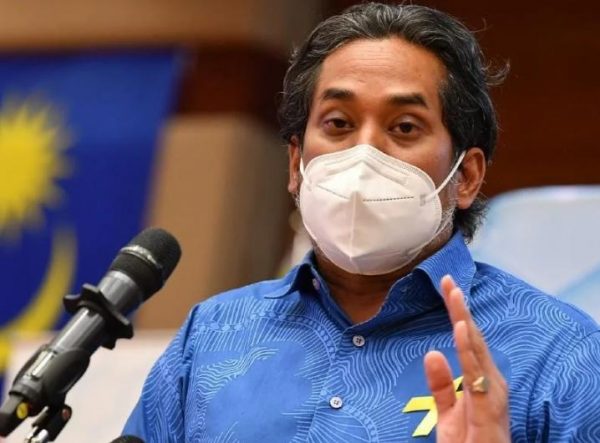
While many citizens rejoiced upon hearing health minister Khairy Jamaluddin’s update on SOP relaxations yesterday, others disagree with his efforts, including medical experts and business owners.
According to the new directive, checking in on MySejahtera will no longer be mandatory, and unvaccinated individuals will be given free reign to enter premises so long as they have not been identified as high risk persons, or are in the midst of undergoing quarantine.
This would mean that premise owners will need to bear the responsibility of verifying the status of each and every customer.
Ameer Ali Mydin, managing director of the esteemed Mydin hypermarkets, stated that the new government order is the ‘most ridiculous’ SOP that has been established so far.
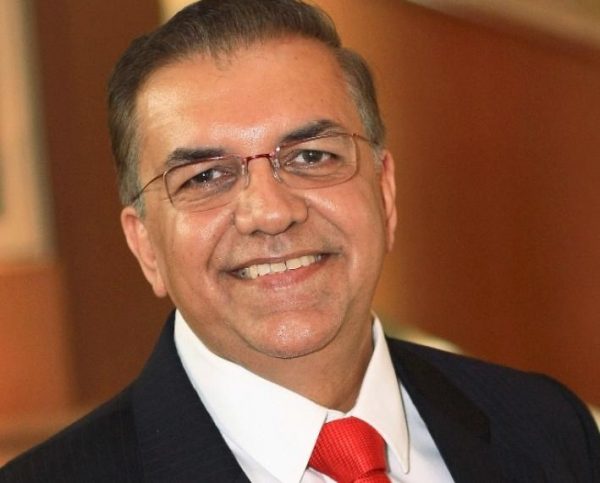
The Penang-born entrepreneur added that people may refuse to have their phones checked, a scene business owners are all too familiar with, as it is.
“My peers and I are all talking about this in our WhatsApp groups,” he said.
“We don’t know how to implement this. It should not be the mall owners’ responsibility to worry about the public.”
Other business leaders, namely FMBA vice-chairman Raymond Woo and SME Association of Malaysia vice-president Chin Chee Seong also expressed concern regarding the matter.
They feared that people may find loopholes by falsifying their MySejahtera status or simply choose not to update their MySejahtera status shall they test positive.
“As shop owners, we will check, but the onus is on citizens to play their part.”
“It’s difficult for businesses to check if it is from the app or a screenshot,” said Raymond, whereas Chin mentioned that needing to station extra workers to monitor customers will pose unnecessary costs to premise owners.
J Suresh, president of the Malaysian Indian Restaurant Owners Association president also deemed the move needless and inconvenient, especially since many businesses were already faced with a shortage of workers following the pandemic.
“It’s a good thing that we are slowly getting back to normal, but now we have the problem of checking customers’ risk status,” he said.


 Get Audio+
Get Audio+ Hot FM
Hot FM Kool 101
Kool 101 Eight FM
Eight FM Fly FM
Fly FM Molek FM
Molek FM